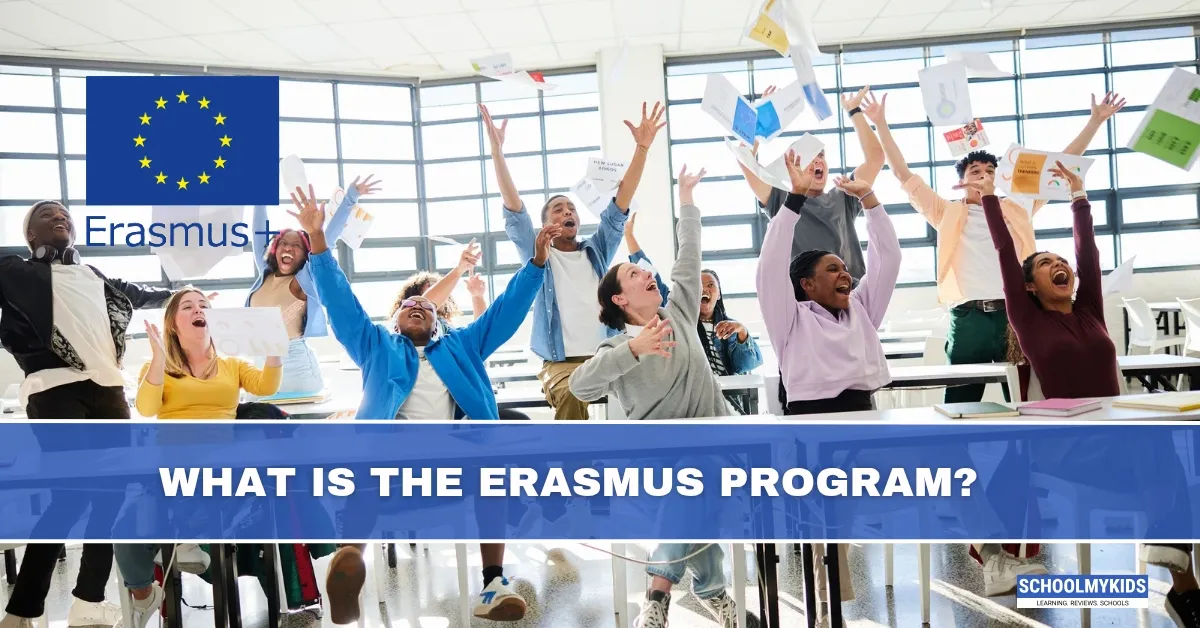Overview
Erasmus+ is the European Union's flagship program that supports education, training, youth, and sport in Europe. Established in 1987, Erasmus was created to encourage academic mobility and cooperation between universities across Europe. In its current form—Erasmus+—the program covers a broad array of activities and beneficiaries far beyond student exchanges.
Key Features
Educational Opportunities
- Higher Education Mobility: Students can study or undertake internships in other European countries for periods ranging from 2 months to 1 year per study cycle.
- Vocational Training: Supports learning opportunities for those in vocational education and training sectors.
- School and Adult Education: Offers exchanges, study periods, and cooperation for learners and staff of all ages.
- Youth Engagement: Empowers young people to participate in exchanges, non-formal learning, and volunteering.
- Sports: Facilitates cooperation and innovation in the sports sector
Who Can Participate?
- University and college students (after completing one year of studies)
- Teachers and academic staff
- Youth workers and young people
- Professionals in vocational and adult education
- Athletes and sports staff
Program Scope and Reach
- Operates in all EU member states, EEA nations (like Norway, Iceland, Liechtenstein), and other partner countries.
- Has funded the mobility of over 16 million people since inception.
- The 2021–2027 Erasmus+ budget exceeds €26 billion, nearly double its prior cycle
Main Objectives
- Promote lifelong learning across Europe.
- Foster quality, inclusion, diversity, and excellence in all sectors.
- Support digital transformation and environmental sustainability.
- Encourage active citizenship, cultural awareness, and cooperation between nations
Program Structure
| Key Actions | Description |
| Learning Mobility | Supports studies, traineeships, staff teaching, volunteering, and youth exchanges abroad |
| Cooperation | Builds partnerships among organizations and institutions for innovation and best practices |
| Policy Support | Aids in reform and policy development in education, training, and youth sectors |
Benefits
- Tuition fee waivers and grants for participating students
- Exposure to new academic systems, cultures, and languages
- Enhanced employability and networking opportunities
- Possibility to gain credits recognized by home institutions
- Promotes European identity and intercultural understanding
Special Initiatives
- Erasmus Mundus: Focuses on joint master’s and doctoral programs with scholarships for international students
- Jean Monnet Actions: Promote teaching and research on European integration topics.
How to Apply
- Interested individuals or universities can apply through the Erasmus+ Programme Guide.
- Applications are managed by the National Agencies in each participating country.
Conclusion
The Erasmus Program is a transformative EU initiative enabling millions to study, train, teach, and volunteer abroad, while fostering cross-cultural understanding and building a more connected Europe








Be the first one to comment on this story.